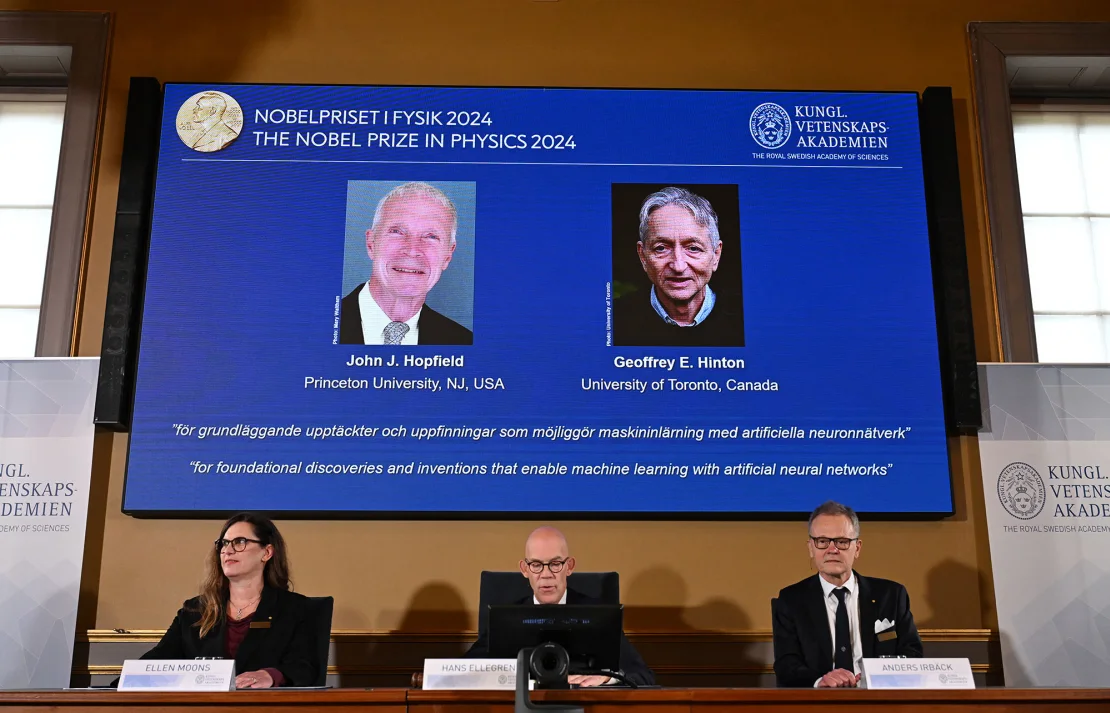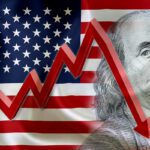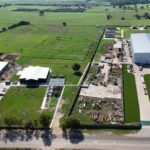The 2024 Nobel Prize in Physics has been awarded to John Hopfield and Geoffrey Hinton for their groundbreaking contributions to machine learning, the technology that underpins modern artificial intelligence (AI). Their work, which laid the foundation for today’s AI advancements, is being hailed as transformative.
Hopfield, a professor at Princeton University, and Hinton, a computer scientist at the University of Toronto, were recognized for their pioneering research that has fundamentally shaped how AI operates today. Hinton, often referred to as the “godfather of AI,” has also become a vocal critic, warning of the potential dangers AI might pose. He cut ties with Google to speak freely on the issue.
Mark Pearce, a member of the Nobel Committee for Physics, said: “Their work was fundamental in laying the cornerstones for what we experience today as artificial intelligence.”
Hinton expressed his surprise upon receiving the award, saying: “I was flabbergasted.” He further emphasized the significance of AI, predicting that it would have a “huge influence” on society: “It will be comparable with the industrial revolution. But instead of exceeding people in physical strength, it’s going to exceed people in intellectual ability. We have no experience of what it’s like to have things smarter than us.“
Despite the vast potential of AI, Hinton has consistently voiced concerns about the technology’s rapid development, cautioning that it could lead to systems more intelligent than humans gaining control. “I am worried that the overall consequence of this might be systems more intelligent than us that eventually take control,” he said.
Thanks to the laureates’ discoveries, AI has become ingrained in daily life, from facial recognition to medical diagnostics. As Ellen Moons, chair of the Nobel Committee for Physics, noted, “The laureates’ discoveries and inventions form the building blocks of machine learning that can aid in making faster and more reliable decisions, for instance when diagnosing medical conditions.“
Michael Moloney, CEO of the American Institute of Physics, echoed this, stating that their work has transformed the scientific landscape: “People were very excited about these neural networks about 40 years ago … but we didn’t have the technology then to really implement and take advantage of the discoveries. It’s taken time and, now that we do, it’s really accelerated at an enormous rate.“
Artificial neural networks, which are modelled after the human brain, were central to Hopfield and Hinton’s breakthroughs. Pearce explained that Hopfield’s curiosity about creating a physical system inspired by the brain led to his development of the Hopfield network in 1982, a system of interconnected “neurons” that could “learn” in much the same way the human brain does. “He was curious whether it was possible to establish learning in such a very simple system. And it was actually possible,” Pearce said.
Hinton then expanded on this work, developing the Boltzmann machine, a system that could detect patterns in data, laying the foundation for modern machine learning systems like those that power ChatGPT.
However, despite his significant role in developing AI, Hinton has raised the alarm about its dangers. In 2023, he left Google and spoke out about the risks: “I’m just a scientist who suddenly realized that these things are getting smarter than us. I want to sort of blow the whistle and say we should worry seriously about how we stop these things getting control over us.“
During the Nobel announcement, when asked if he regretted his role in creating AI, Hinton reflected: “There are two kinds of regrets. There’s regrets where you feel guilty because you did something you knew you shouldn’t have done, and then there’s a regret where you did something that you would do again in the same circumstances, but it may in the end not turn out well.” He added, “That second kind of regret I have. In the same circumstances, I would do the same again, but I am worried that the overall consequence of this might be systems more intelligent than us that eventually take control.“










